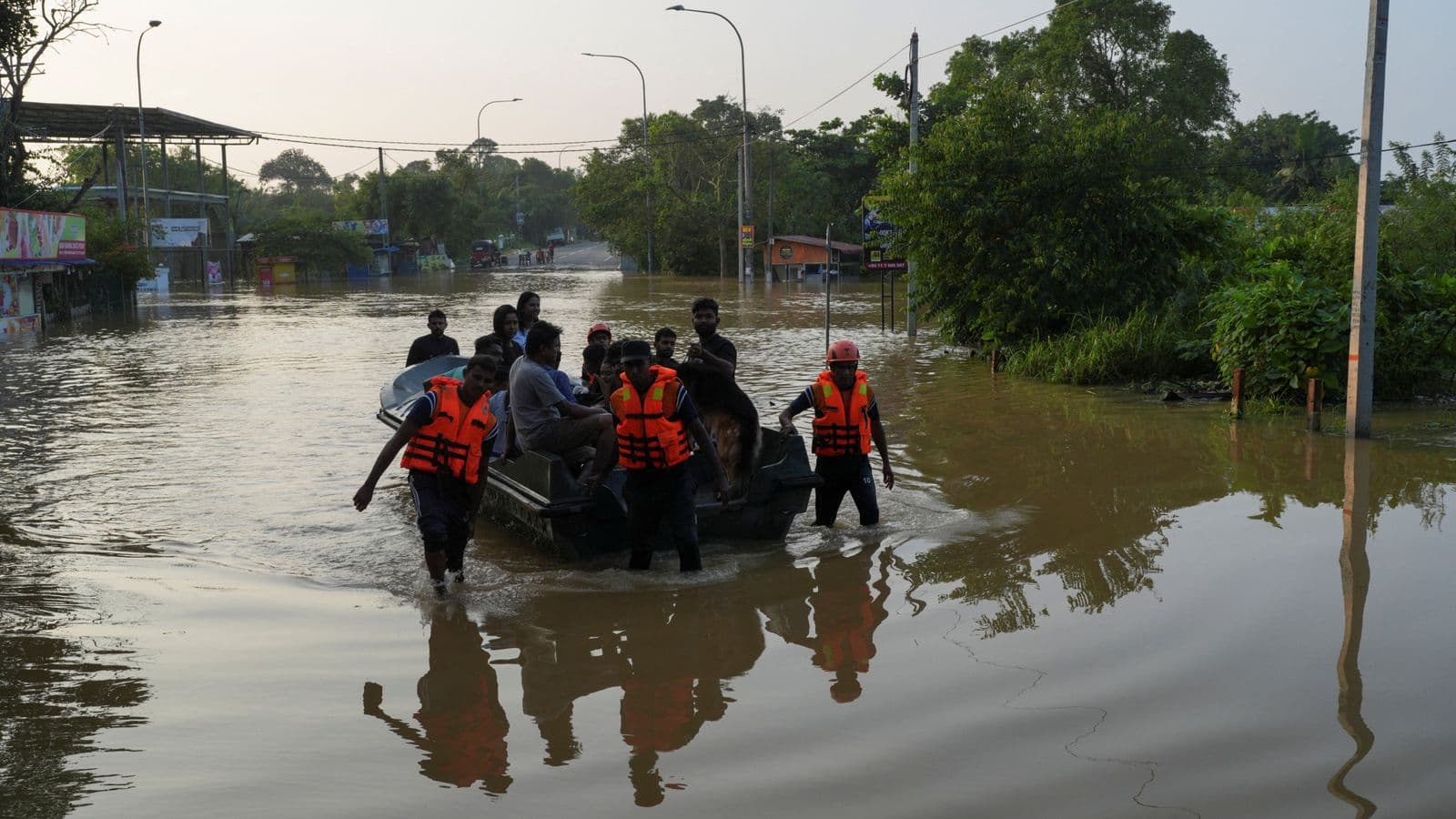In a catastrophic turn of events, monsoon rains sweeping across Pakistan have tragically claimed the lives of at least 50 individuals within a mere 24 hours, according to reports from disaster management agencies. The relentless downpours, which began over the weekend, have resulted in widespread flooding, destruction of infrastructure, and displacement of thousands, exacerbating the already dire humanitarian situation in the region.
Background & Context
Pakistan is no stranger to monsoon rains, which typically occur from June to September. However, this year’s monsoon season has proven particularly devastating, with unprecedented rainfall levels leading to flash floods and landslides in various provinces, including Sindh, Punjab, and Khyber Pakhtunkhwa. The floods have not only caused loss of life but also significant damage to homes, roads, and agricultural lands, threatening food security for millions.
The Pakistani government has repeatedly faced criticism regarding its preparedness and response to natural disasters. With climate change intensifying extreme weather patterns, experts warn that such tragic events may become more frequent. In light of this, the need for robust disaster management strategies and infrastructure improvements is more urgent than ever.
Key Developments
As reported by the National Disaster Management Authority (NDMA), the majority of the fatalities occurred due to drowning and building collapses as the torrential rains overwhelmed local drainage systems. Rescue operations have been hampered by the severe weather, with emergency services struggling to reach affected areas. Local authorities are currently assessing the damage and coordinating relief efforts, but the scale of the disaster has left many communities in dire need of support.
“This is a wake-up call for us to take climate change seriously,” stated a spokesperson for the NDMA. “We are mobilizing resources, but the situation is fluid, and we are urging citizens to remain vigilant and heed warnings.” The government has declared several regions as disaster zones, facilitating the release of emergency funds to aid recovery efforts.
Broader Impact
The implications of this disaster extend beyond immediate loss of life and property. Economically, the flooding poses a significant threat to agriculture, which is a cornerstone of Pakistan’s economy. With many farmers facing the destruction of crops and livestock, the potential for food shortages looms large. Economists predict that the agricultural sector, already burdened by previous floods, could see a sharp decline in productivity, leading to increased prices and food insecurity.
Moreover, this disaster underscores the urgent need for climate adaptation strategies. As climate change continues to alter weather patterns globally, Pakistan’s vulnerability to such extreme weather events necessitates a reevaluation of current policies. Experts advocate for enhanced infrastructure, better urban planning, and increased investment in disaster resilience as essential measures to mitigate future risks.
What"s Next
In the coming days, the government will likely intensify its response, deploying additional resources to the most affected areas. Relief efforts are expected to focus on providing immediate necessities, such as food, clean water, and medical assistance, to displaced populations. Additionally, the NDMA has called for international assistance, appealing to global partners for aid in the recovery process.
As the situation develops, it remains crucial for citizens to stay informed through official channels regarding safety measures and evacuation protocols. The ongoing rains are predicted to continue, raising concerns about further flooding and complicating rescue operations. The Pakistani government faces an uphill battle in addressing both the immediate humanitarian crisis and the longer-term challenges posed by climate change.
As previously reported, similar situations have unfolded in various regions around the world, underscoring the need for a coordinated global response to climate-related disasters. The urgency of addressing climate change cannot be overstated, as countries like Pakistan grapple with the increasing frequency and severity of such catastrophic events.

![[Video] Massive blackout hits Buenos Aires during intense heat](/_next/image?url=%2Fapi%2Fimage%2Fthumbnails%2Fthumbnail-1767178842442-uldsl-thumbnail.jpg&w=3840&q=75)





![[Video] Gunfire between Iraqi security forces and Sadr militias in Baghdad](/_next/image?url=%2Fapi%2Fimage%2Fthumbnails%2Fthumbnail-1768343508874-4redb-thumbnail.jpg&w=3840&q=75)
